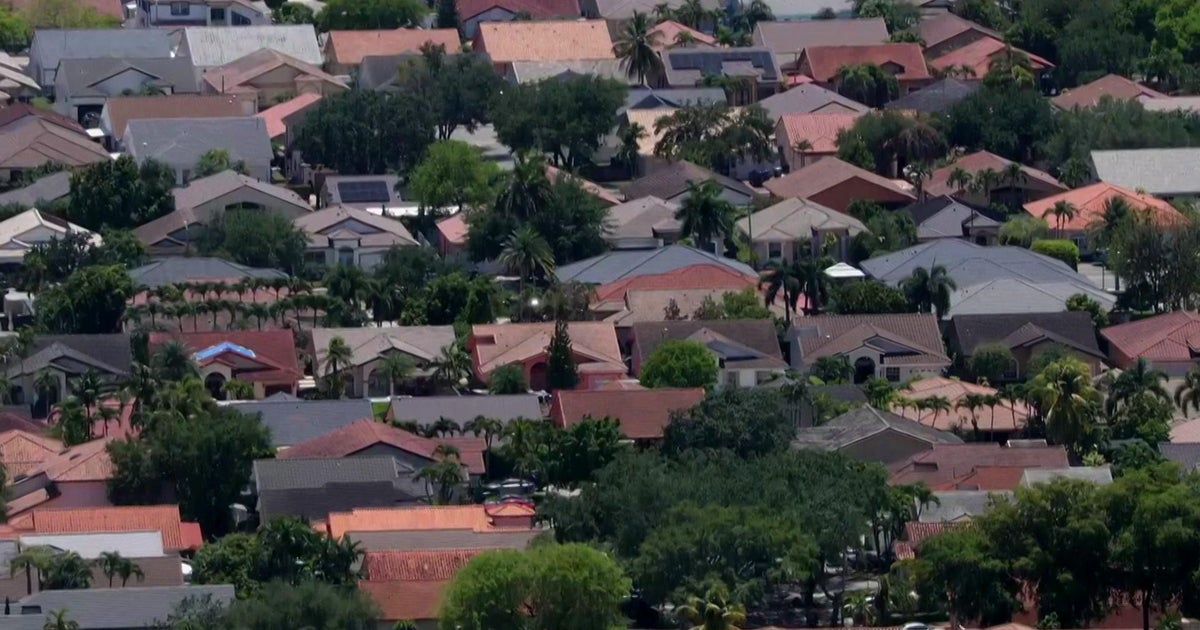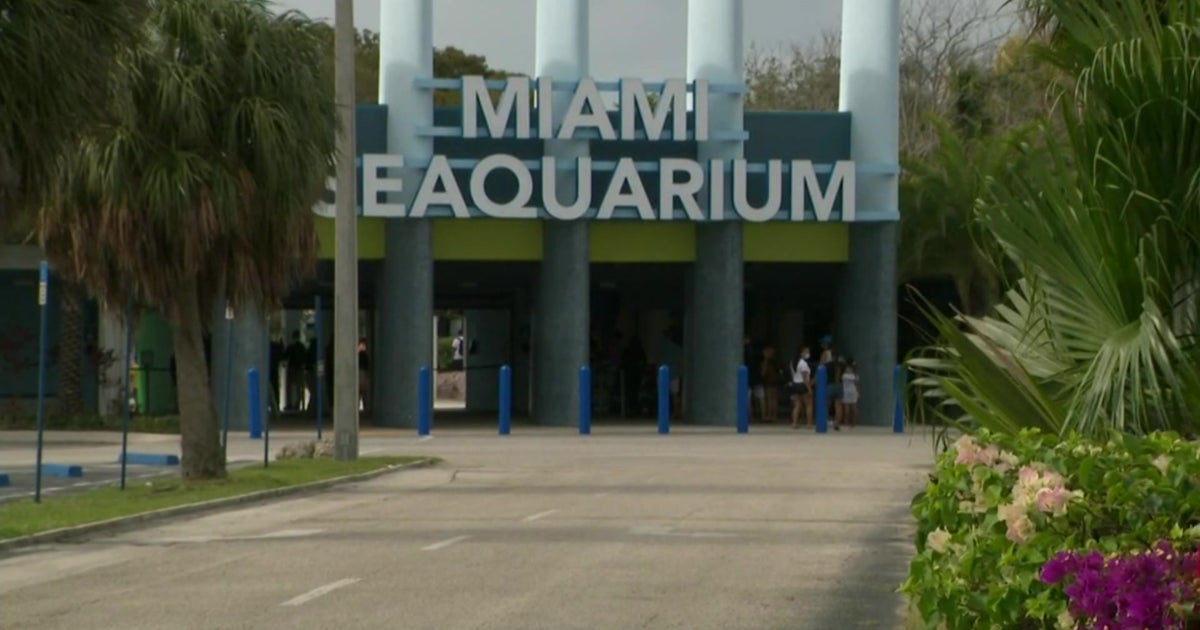Florida's Algae-Fighting Plan Criticized By Feds Over Bird
Follow CBSMIAMI.COM: Facebook | Twitter
FORT LAUDERDALE, Fla. (CBSMiami/AP) — Federal wildlife officials are criticizing Florida's decision to fight a massive algae bloom by temporarily holding more water north of Lake Okeechobee because the rising water is threatening 10 nests of an endangered bird.
The South Florida Water District sent letters to Florida Sens. Bill Nelson and Marco Rubio on Friday, alerting them to the U.S. Fish and Wildlife Service's request that it lower water in the Kissimmee River Valley to June 27 levels to protect the snail kite nests. The district raised the water level by 1.4 feet to slow the amount flowing into the lake.
That reduced the amount of nutrient-laden water flowing from the lake into the St. Lucie River, where a massive algae bloom recently clogged parts with a guacamole-thick green sludge. That sludge angered residents, threatened fish, fouled the air and drove away tourists. The reduction has reduced the amount of algae on the river, but the lake now has a 200-square mile bloom, more than a quarter of its surface.
Calling the wildlife service "oblivious," water district Executive Director Peter Antonacci told the senators that he plans to ignore the request and "take our chances with a federal judge if and when these tin-eared bureaucrats haul us off to court."
Antonacci was reacting to an email sent to him Wednesday by Bob Progulske, the service's Everglades supervisor, warning that the rising water is threatening the snail kite nests and recommending that the water table be lowered. The snail kite has been on the endangered species list since 1967. They are about 15 inches long with a 3.5-foot wingspan and live almost entirely on apple snails, a supply that is dwindling because of depleted water in the Everglades. There are about 400 breeding pairs left in Florida, but the bird also exists in Central and South America and the Caribbean.
"We wanted to encourage the South Florida Water Management District to help us by having a discussion about how water might be moved to the drier floodplain using water control structures to hold water there rather than sending it to Lake Okeechobee," Larry Williams, the service's state supervisor, said in an email. "That would in my view solve for several dilemmas protecting our citizens and business owners in the south, as well as nesting snail kites to the north. Unfortunately, we never got the chance to have that conversation."
Rubio, a Republican, and Nelson, a Democrat, both said the algae bloom must take precedent.
"This recommendation from the U.S. Fish and Wildlife Service is beyond comprehension, and an example of the federal bureaucracy run amok," Rubio said in a statement. "These regulatory decisions are having a real impact on Floridians, our ecology, our economy, and our very way of life." He sent a letter to Interior Secretary Sally Jewell asking her to reverse the service's recommendation.
Nelson said he has asked the service to work cooperatively with the water district to solve the problem.
"The algae emergency must be addressed now," he said in a statement.
(TM and © Copyright 2016 CBS Radio Inc. and its relevant subsidiaries. CBS RADIO and EYE Logo TM and Copyright 2016 CBS Broadcasting Inc. Used under license. All Rights Reserved. This material may not be published, broadcast, rewritten, or redistributed. The Associated Press contributed to this report.)



